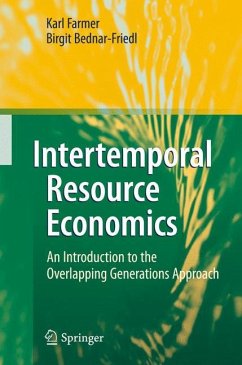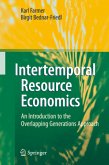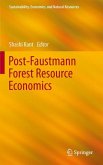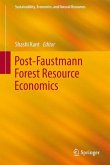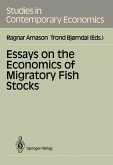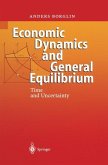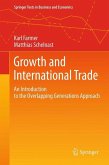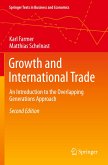This monograph provides a concise introduction to the overlapping generations approach to the intertemporal economics of renewable natural resources. In contrast to the dominant infinitely-lived agent (ILA) approach it acknowledges that natural resources typically outlive the individuals who use them. Finite lifetimes, generations overlap and competing natural and man-made capital facilitate long-run intergenerational inefficiency and inequity (unsustainability) of market allocations. While avoiding any presumption of either doomsday or a golden age, the book investigates the structural and institutional preconditions needed to ensure that renewable resources are used efficiently and equitably across generations. The primary aim of this book is to provide an easy-to-follow guide to the analytically much more demanding journal literature. This is achieved by using the same model type throughout the book and by adhering to functional specifications that allow for explicit equilibrium solutions.

